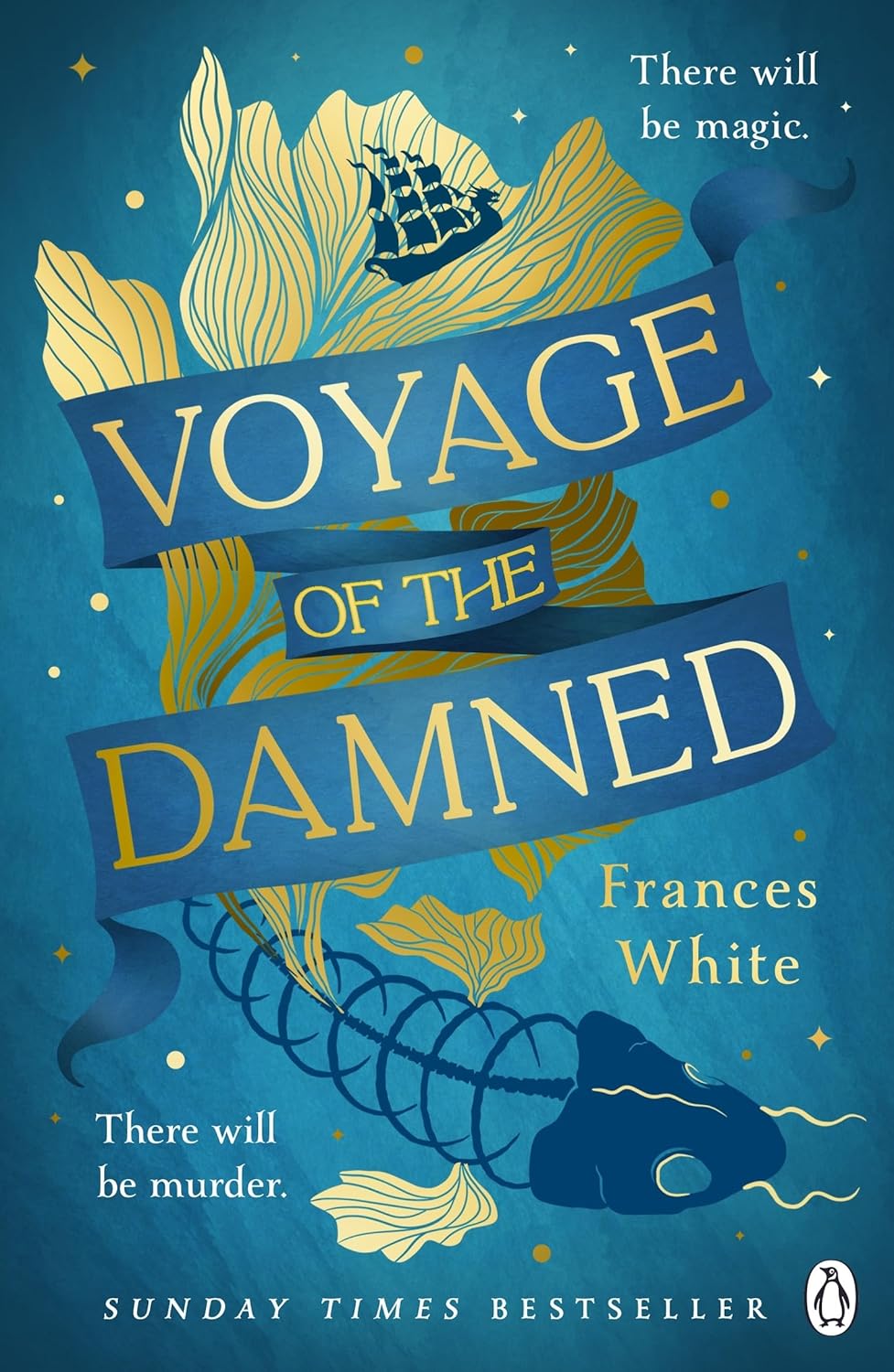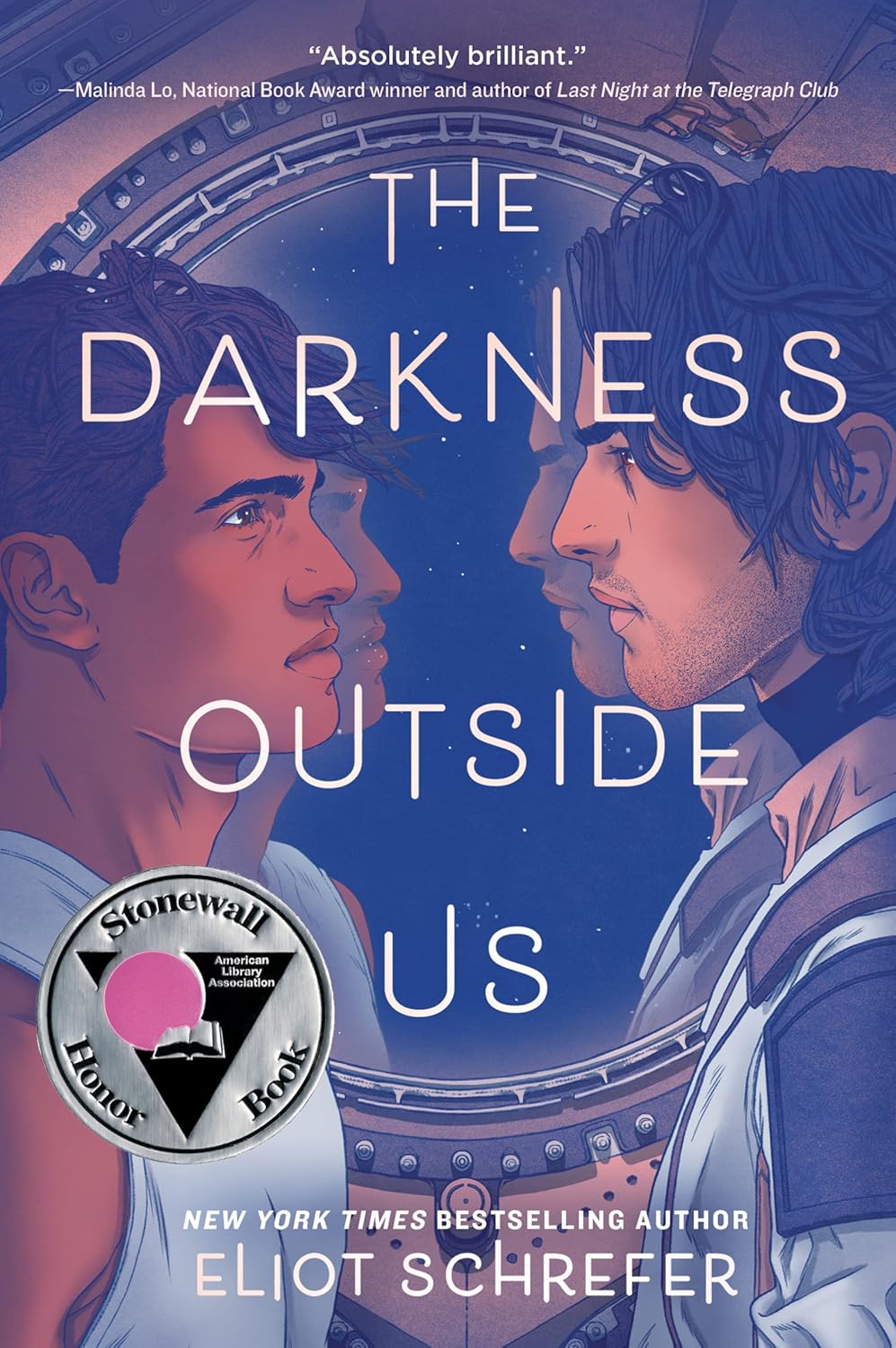Arthur D. Hlavaty
Living at first in Westchester County, New York, and then moving to Durham, N.C., to attend library school, he was geographically far removed from most of the members of the apas I knew him in. When one of the apas ran a photo-cover, Arthur submitted a picture taken in a photo booth which made him look like a gnome tucked in a corner. I attended the collation, and as members perused the completed mailing with its key to the cover photos, I heard occasional cries of "That's Arthur?"
Without physical presence, it was the quality of his writing that made him a valued member of both our apas and fanzine fandom in general. He wrote long and thoughtful essays, many informed by his reading of Thomas Pynchon, Ayn Rand, H.P. Lovecraft, and above all the Illuminatus! trilogy of Robert Shea and Robert Anton Wilson, all of which he took as very interesting and provocative, but none of which he viewed without a skeptical eye. Arthur was also a great quipster, leaving fanzines littered with witty and insightful bon mots. Someone sent him as a joke some volumes of treacly moral tales for children called Uncle Arthur's Bedtime Stories, and our Arthur used that as a fanzine title for a while.
He was full of wit and bon mots in person, also, in a light textured voice with a trace of New York accent, when I finally met him at a convention. Without the gnome extension, he looked like this - a little later on, after his dark hair and beard turned white. Earlier than that, in 1983, I actually ventured down to Durham to visit Arthur at home. By this time he had acquired a permanent romantic partner, an English lit grad student named Bernadette Bosky, whom Arthur had first met in the pages of a Lovecraft-oriented apa. She seemed so perfectly matched for Arthur's distinctive character that some of those reading about her from far away doubted that she could possibly be real, and one of my goals in traveling to Durham was to be one of the first outside fans to meet her and confirm her corporeal existence.
Later, after my visit, Arthur and Bernadette were joined by Kevin Maroney as a third for their romantic triad. I'm not the only observer who's frequently pointed at them as proof that such a relationship can be stable and permanent. Then they moved back up to Westchester, whence Arthur had originally come, and settled in a house in Yonkers they called Valentine's Castle (Valentine was the name of the street). Here they became much more personally active in fandom, going to conventions especially the ICFA in Florida. I never got to that, but I do cherish having introduced my own B. to all three of them at Nolacon in 1988. Meanwhile, they had founded their own apa and held private conventions for its members; and many people came to see them at home, including me. I think I stayed over twice, and I met their pet rats, which were actually quite cute and had rat-pun names.
I got to know both Bernadette and Kevin as individuals, but Arthur was always there, though receding in the background a little as age-related illnesses began to take over. I'm sorry that physical problems of my own prevented my attendance at a big party they held a couple years ago. And now Arthur is gone, but at least we still have vivid memories of him, and his fanzines to read.



